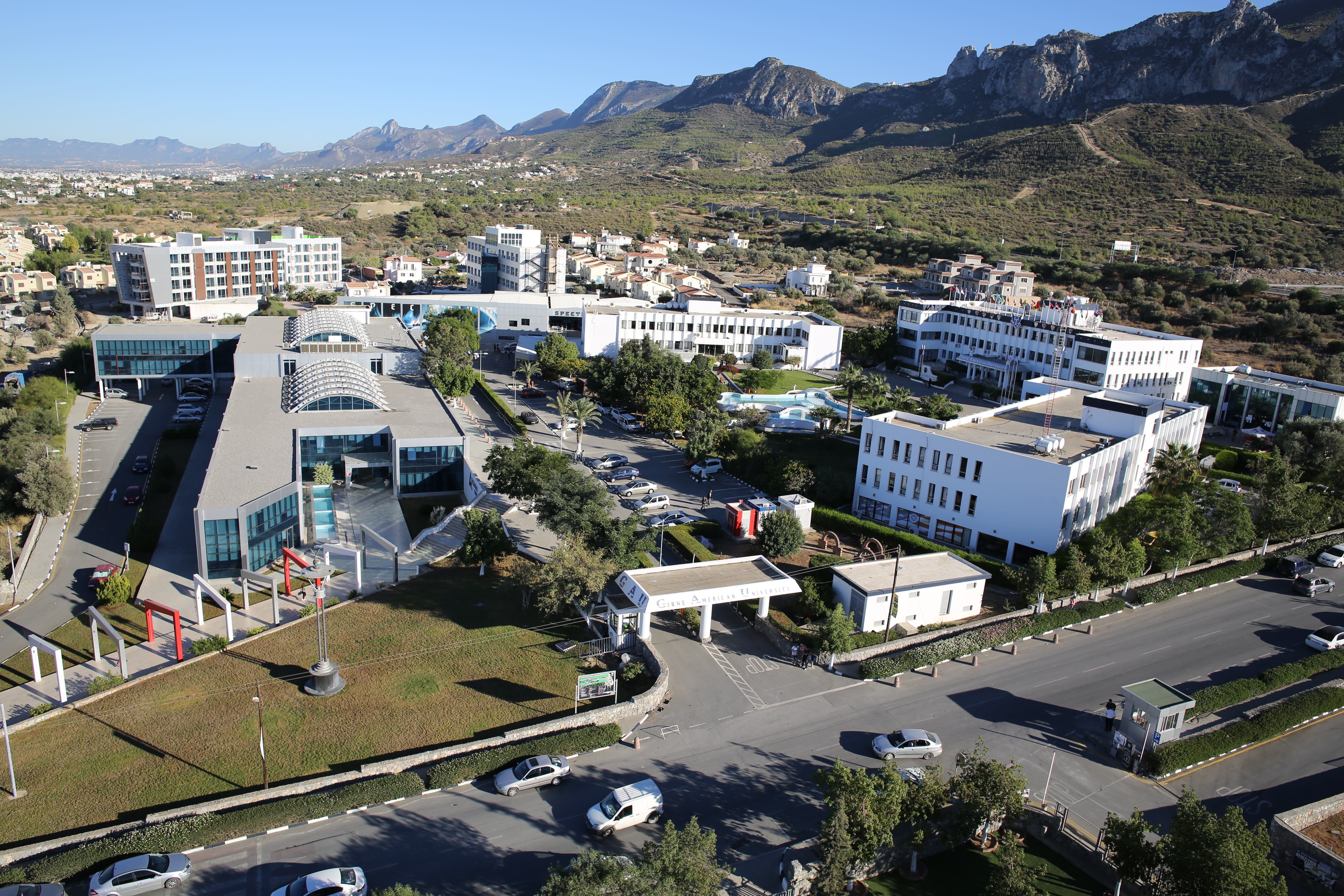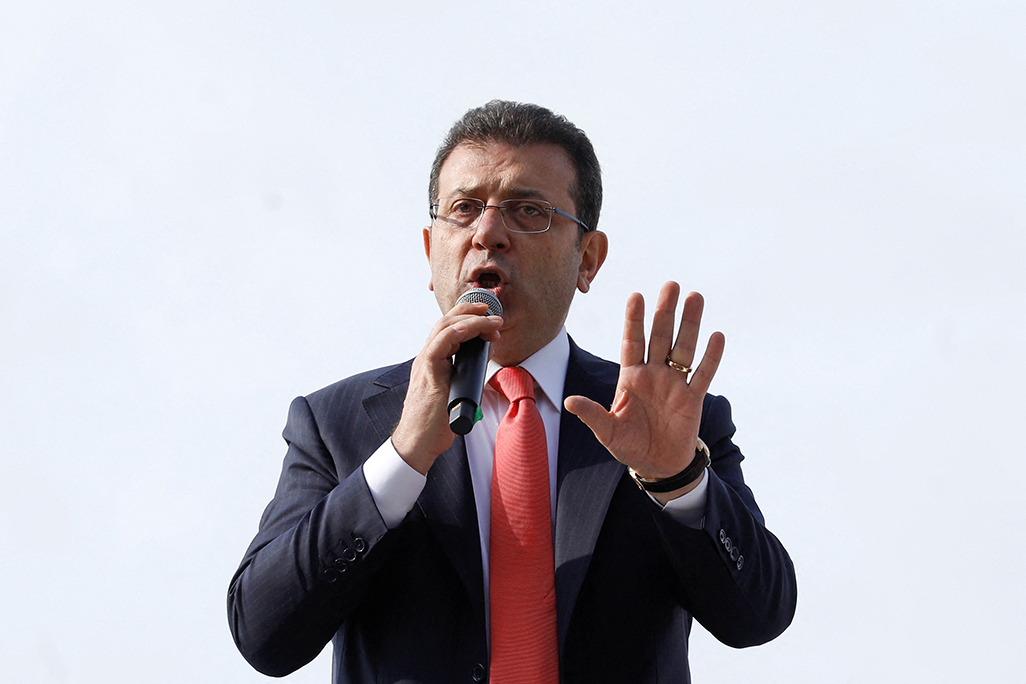Istanbul mayor Ekrem Imamoglu on Wednesday gave testimony that his transfer from a university in the north to a university in Turkey was legal and that his studies in Cyprus were rightly recognised.
“If I am expected to mount a defence of myself here today, I do not find it right at all. It is not even clear what I am accused of. I came here out of respect for the rule of law and the judicial authorities, no matter what,” he told the Istanbul chief public prosecutor’s office.
However, he said, “I would like to state that these statements I have made out of respect for this institution are not made with the purpose of a defence but are made to record the unlawful acts directed at me, the number of which I cannot even remember any more.
“The Republic of Turkey is a state governed by the rule of law. According to that principle, it is essential that the investigations are conducted in a fair and lawful manner … The fact that I have been called to testify for the third time in a month clearly shows that this process is not compatible with the principles of the rule of law.”
In this, he was referring to a similar trip to the chief public prosecutor’s office he had to make in January when he stood accused of attempting to unduly influence the judiciary.
He added that the “nature and timing” of the cases is “another proof of this fact”, with Imamoglu having officially declared his candidacy to run for Turkey’s presidency last month ahead of an internal ballot of potential candidates inside his party the CHP.
Of the report compiled by Turkey’s higher education council (Yok), he said “the facts were distorted, documents were concealed, laws and regulations were ignored, and they even tried to apply today’s laws 35 years ago, and accusations were made against me based on that report”.
He added that his lawyers have filed for criminal charges against the report’s three signatories, with lawyer Mehmet Pehlivanli having confirmed as much on Tuesday night.
“Accusing a mayor who has reinforced his democratic legitimacy with four election victories and the will of a city of 16 million people … with baseless and unfounded accusations is a grave injustice to both the rule of law and the democratic will of the people,” Imamoglu said.

Pehlivanli had announced the filing of criminal charges on Tuesday night, saying that the case regarding Imamoglu’s degree was opened after a tip-off was filed to Turkey’s presidency’s communications office (Cimer) in October last year, but that the legality of Imamoglu’s studies has already been evaluated.
A previous complaint had been filed to Cimer in February 2020, he said, with Istanbul University dean Kamil Ahmet Kose writing to Cimer a month later that Imamoglu’s transfer from Kyrenia’s Girne American University to Istanbul University in 1990 was legal.
The two points on which his case rests are a Yok decision taken in November 1991 stating that it was “not possible” to recognise the Kyrenia university, and the publication of a regulation in Turkey’s official government gazette in 1996 stipulating that Yok recognition of a university be a legal standard for university transfers.
As Pehlivanli has stated previously, both of these decisions were taken after Imamoglu transferred from Kyrenia to Istanbul in 1990, with Pehlivanli having said last week that it is “not possible to explain the retroactive application of a rule introduced six years later within the law”.
Imamoglu first moved to Cyprus in 1988, first studying at Famagusta’s Eastern Mediterranean University before transferring to Kyrenia. He then transferred to Istanbul University in 1990, where he graduated with a bachelor’s degree in business administration in 1994.
The prosecution had insisted last week that the decision not to recognise the university in Kyrenia was not a one-off retroactive move in Imamoglu’s case, but that letters had been sent by Yok to various Turkish universities in 1988, 1991, and 1992 stating that the only university in the north it recognised was the Eastern Mediterranean University.






Click here to change your cookie preferences